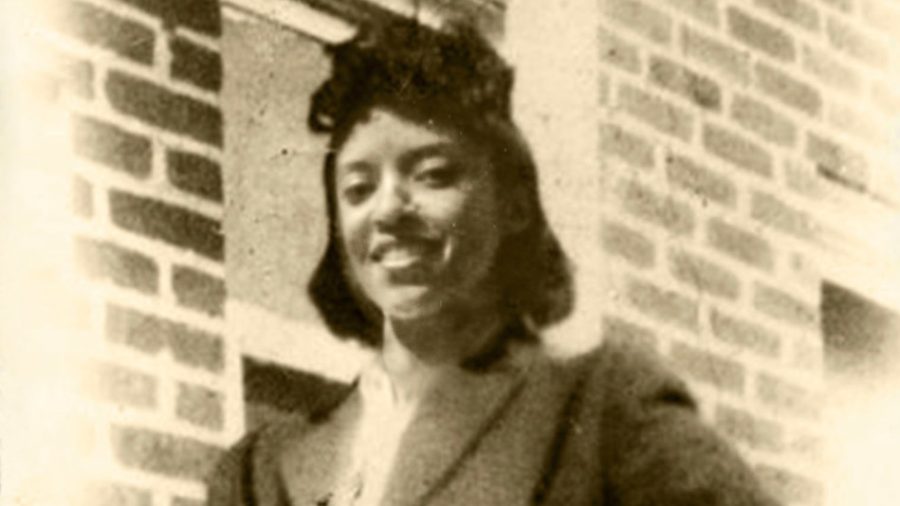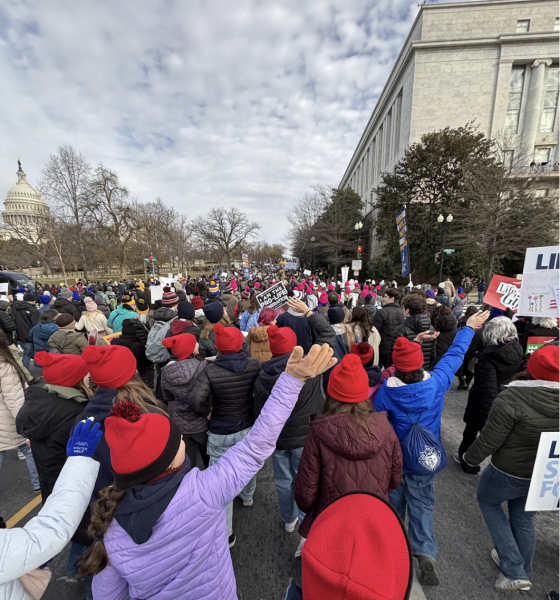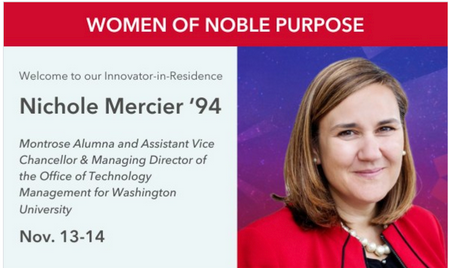Remembering Black History: The Legacy of Henrietta Lacks
Henrietta Lacks died in 1951, but her legacy lives on.
To celebrate Black History Month this February, the Looking Glass will be publishing a weekly article honoring members of black history in the United States. Today, we’re introducing Henrietta Lacks, perhaps the most influential figure in modern medicine.
Imagine having a part of you living forever. Although Henrietta Lacks died in 1951, her immortal cells have become integral in scientific medicine, and they’ve been used in everything from Covid-19 vaccine research to cancer treatment. As we reflect on black history this February, we must remember Henrietta Lacks’ legacy and gift to science — although it was given unknowingly.
Henrietta Lacks was the mother of five children. She loved to cook for her family and anyone else who happened to wander through her open doors. Henrietta’s family remembered her for her signature red nail polish and sense of style.
Henrietta Lacks died fighting cervical cancer, a form of cancer that disproportionately affects black women. She visited Johns Hopkins Hospital, one of the very few hospitals that treated poor African Americans during that time, about bleeding. Later, doctors found a large tumor on her cervix and immediately started her on radium treatments. A sample of her cancer cells was sent to Dr. George Gey, who was collecting cells from patients of all backgrounds. He quickly realized that Henrietta Lacks’ cancer cells, now known as HeLa cells, were like no cells he’d observed before. While most cells quickly died, the HeLa cells doubled every 20 to 24 hours.
Since this discovery, HeLa cells have been used in countless scientific research processes. Her immortal cells traveled to space in the 1960s to test the impact of zero-gravity on human cells. They were used to discover the effects of radiation from nuclear bombs and to study the spread of the poliovirus. Most fittingly, her cells have been a part of cancer therapeutic discoveries and cancer cell research.
Today, society recognizes the bioethical violations performed by Johns Hopkins surgeons. The concept of informed consent now remains a consistent concern with biological research, and hopefully what happened to Henrietta Lacks will never happen again. In October 2021, Lacks’s descendants sued Thermo Fisher Scientific Inc. of Waltham. They had continued to use HeLa cells in research for years after the unethical origins of her cell line had been revealed throughout the world. The Lacks family estate lawyers said in a statement: “The exploitation of Henrietta Lacks represents the unfortunately common struggle experienced by black people throughout history. Indeed, black suffering has fueled innumerable medical progress and profit, without just compensation or recognition. Various studies, both documented and undocumented, have thrived off the dehumanization of black people.”
Henrietta’s family recognizes the unethical way in which her cells were taken but also appreciates the good it has done for medicine. Her grandson Alfred Lacks Carter reflected: “They were taken in a bad way but they are doing good for the world.” While there is no way what happened to Lacks can be justified, the knowledge that her cells have helped countless people is comforting to her remaining family.
Known as the “Mother of Modern Medicine” and a game-changer in the world of genetic discovery, Henrietta Lacks is the reason behind many medical successes. Without her immortal cells, the scientific realm would not be where it is today.
Erica Brown ‘22, Co-Editor-in-Chief
22ebrown@montroseschool.org











